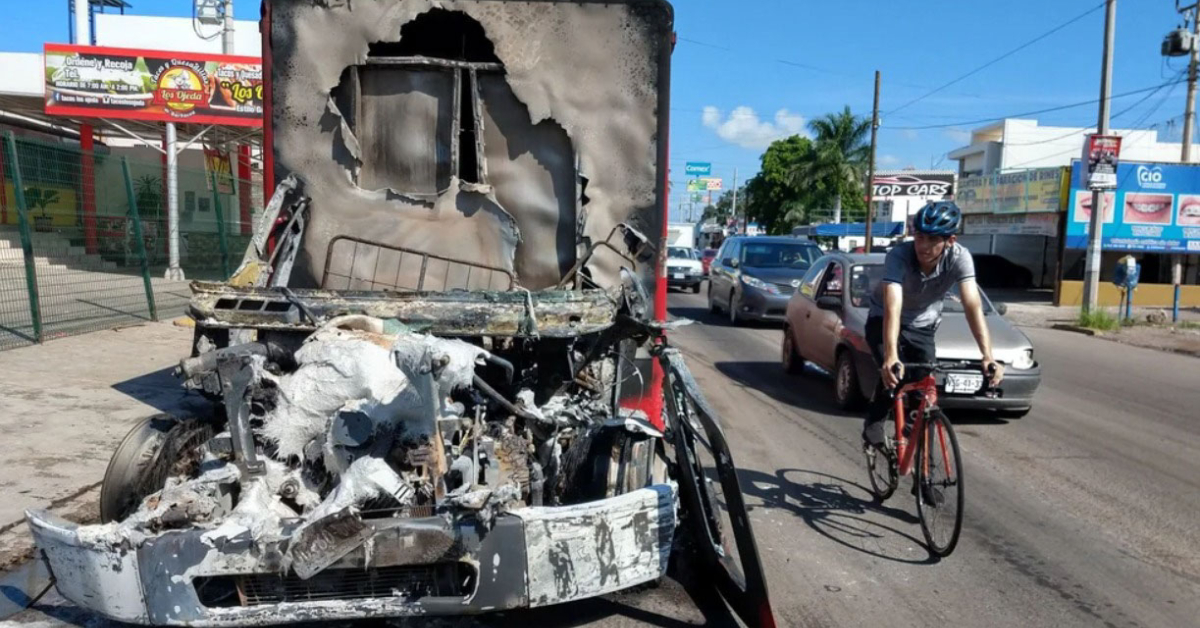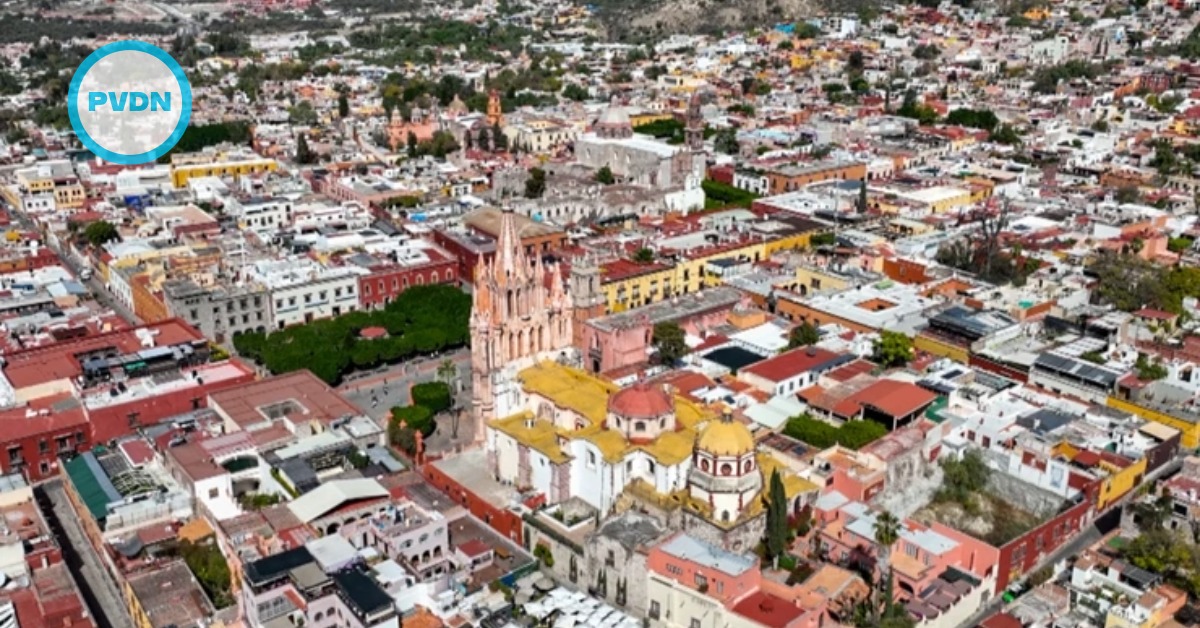As the six-year term of the current administration draws to a close, the Mexican government's relationship with drug cartels is raising questions about its commitment to security and public safety. The past few years have been marked by escalating violence, reminiscent of the tumultuous era following the Mexican Revolution.
Critics point to several instances suggesting government complicity with the cartels, most notably the controversial "hugs, no bullets" security policy that is viewed as a non-aggression pact rather than an effective strategy. High-profile visits by the president to Badiraguato, the stronghold of the Cartel de Sinaloa, where he greeted the mother of Chapo Guzmán, only add to the suspicion.






